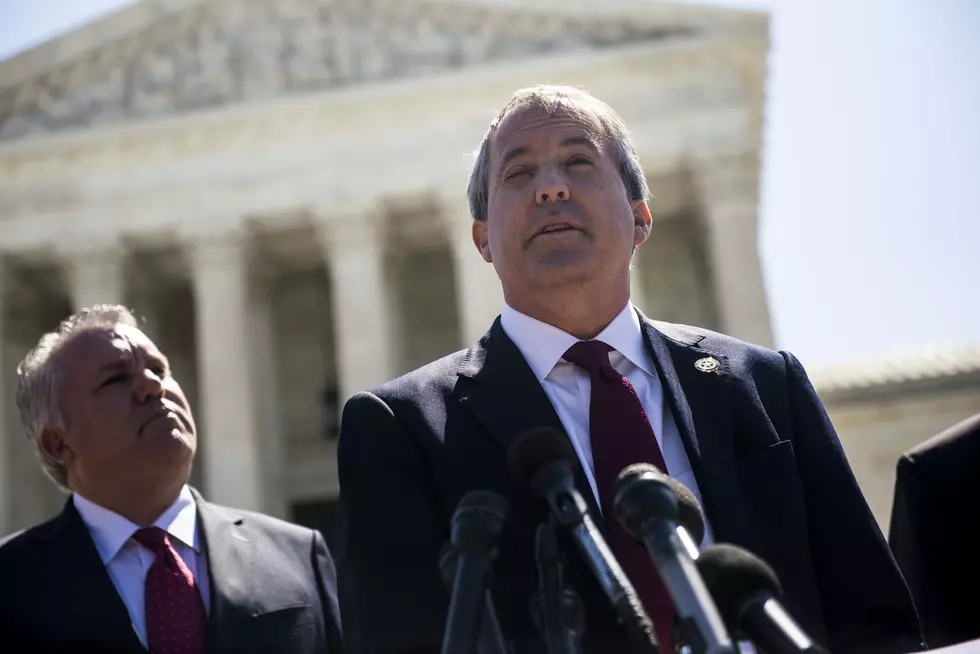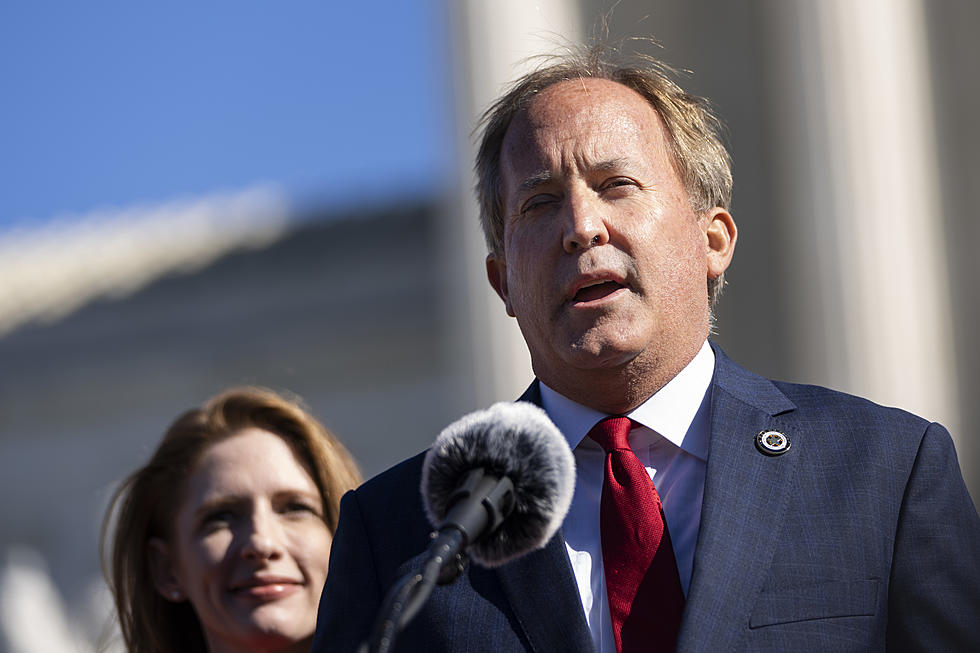
Texas AG Ken Paxton Sues Biden Administration Over Keystone Pipeline
Texas Attorney General Ken Paxton announced on Wednesday that Texas and Montana will be leading the way in filing a multi-state complaint against the Biden administration after the president revoked the permit for the Keystone XL pipeline.
Paxton's lawsuit argues that President Biden does not have unilateral authority to change energy policy that Congress set. Instead, Paxton argues, the power to regulate interstate and international commerce, including pipeline permits, resides with Congress, according to a press release from Wednesday.
In the release, AG Paxton said:
Since his first day in office, President Biden has made it his mission to undo all the progress of the previous administration, with complete disregard for the Constitutional limits on his power. His decision to revoke the pipeline permit is not only unlawful but will also devastate the livelihoods of thousands of workers, their families, and their communities. This administration continues to tout imaginary green-energy jobs, without any recognition that their actions in the real world will make it impossible for hard-working Americans to put food on the table.
Montana AG Austin Knudsen said the following:
The power to regulate foreign and interstate commerce belongs to Congress — not the President. This is another example of Joe Biden overstepping his constitutional role to the detriment of Montanans. There is not even a perceived environmental benefit to his actions. His attempt to cancel the Keystone XL Pipeline is an empty virtue signal to his wealthy coastal elite donors. It shows Biden’s contempt for rural communities in Montana and other states along the pipeline’s path that would benefit from and support the project.
The lawsuit was joined by: Alabama, Arizona, Arkansas, Georgia, Indiana, Kansas, Kentucky, Louisiana, Mississippi, Missouri, Nebraska, North Dakota, Ohio, Oklahoma, South Carolina, South Dakota, Utah, West Virginia and Wyoming.
LOOK: The most expensive weather and climate disasters in recent decades
KEEP READING: Get answers to 51 of the most frequently asked weather questions...
More From KLAQ El Paso









